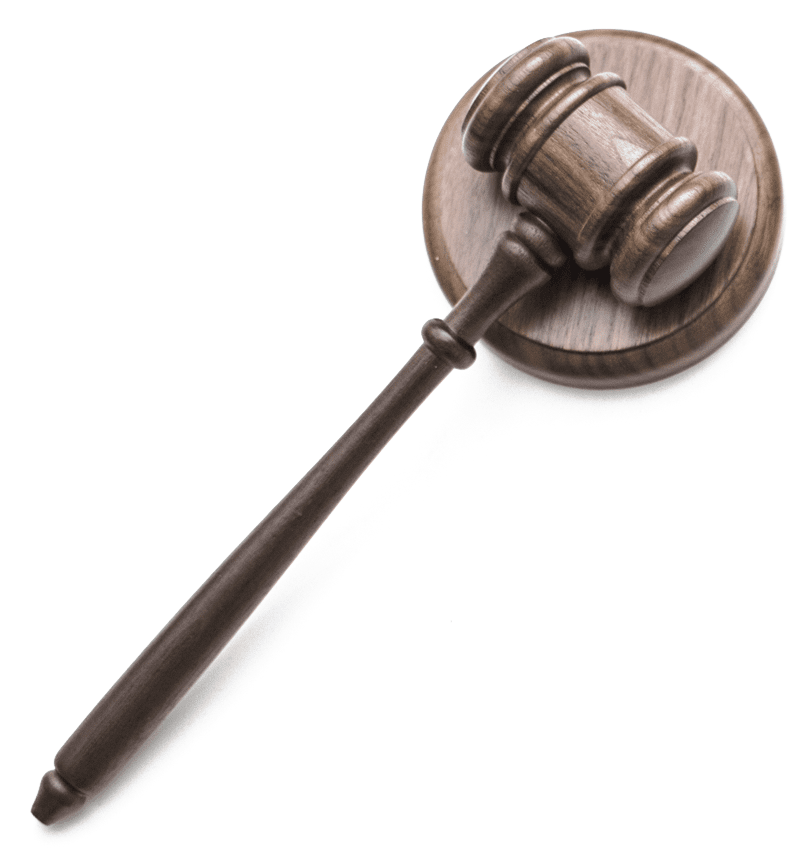Why are Beneficiaries at a disadvantage versus Trustees in a probate case?

Beneficiary Disadvantage in Probate
Beneficiaries can be at a disadvantage compared to trustees in probate or trust litigation for several reasons, even though the law is technically on their side when a trustee acts improperly. Here’s a breakdown of why the power dynamics often tilt toward trustees, especially early in a dispute:
🔹 1. Access to Information and Control of Assets
-
Trustees have all the documents. They manage the trust, the accounts, the investments, the real estate—everything.
-
Beneficiaries often have to fight just to get basic information like accountings or trust instruments.
-
If the trustee is dishonest, they can delay, deny, or manipulate the information flow.
🔹 2. Presumption of Fiduciary Compliance
-
Courts often assume the trustee is acting in good faith—until clear evidence says otherwise.
-
The trustee starts with the benefit of the doubt, and the burden of proof falls on the beneficiary.
🔹 3. Access to Legal Counsel—Paid by the Trust
-
Trustees can use trust funds to pay for their lawyers.
-
Beneficiaries must use their own money (at least initially) to hire counsel to challenge the trustee—often while not receiving expected distributions.
-
This imbalance in legal firepower can discourage litigation, even if the case is strong.
🔹 4. Emotional and Family Pressure
-
Disputes often involve family members, which makes beneficiaries hesitant to push too hard, especially if the trustee is a sibling or parent.
-
There’s a psychological toll to challenging someone seen as an authority or gatekeeper.
🔹 5. Lack of Oversight Unless Petitioned
-
Trusts are mostly private arrangements, not automatically supervised by the court.
-
Unless a beneficiary files a petition in probate court, there’s often no external check on what the trustee is doing.
🔹 6. Delay Tactics
-
A trustee can stall proceedings, object to document requests, or drag out discovery.
-
Time works against the beneficiary—especially if their distributions are being withheld or trust assets are being misused.
🔹 7. Complex Legal Terrain
-
Probate and trust law is nuanced and procedurally technical.
-
Trustees are often guided by experienced estate attorneys, while beneficiaries may not even know where to begin or what their rights are.
✅ How Beneficiaries Can Rebalance the Scale:
-
Hire a probate litigator early—don’t wait until the situation is dire.
-
Demand a formal trust accounting under state law (e.g., California Probate Code §16062).
-
File a petition for information, accounting, or removal if the trustee isn’t cooperating.
-
Request surcharge and attorney fees to be paid by the trustee personally if there’s a breach of duty.
-
Seek court supervision if you suspect ongoing abuse.